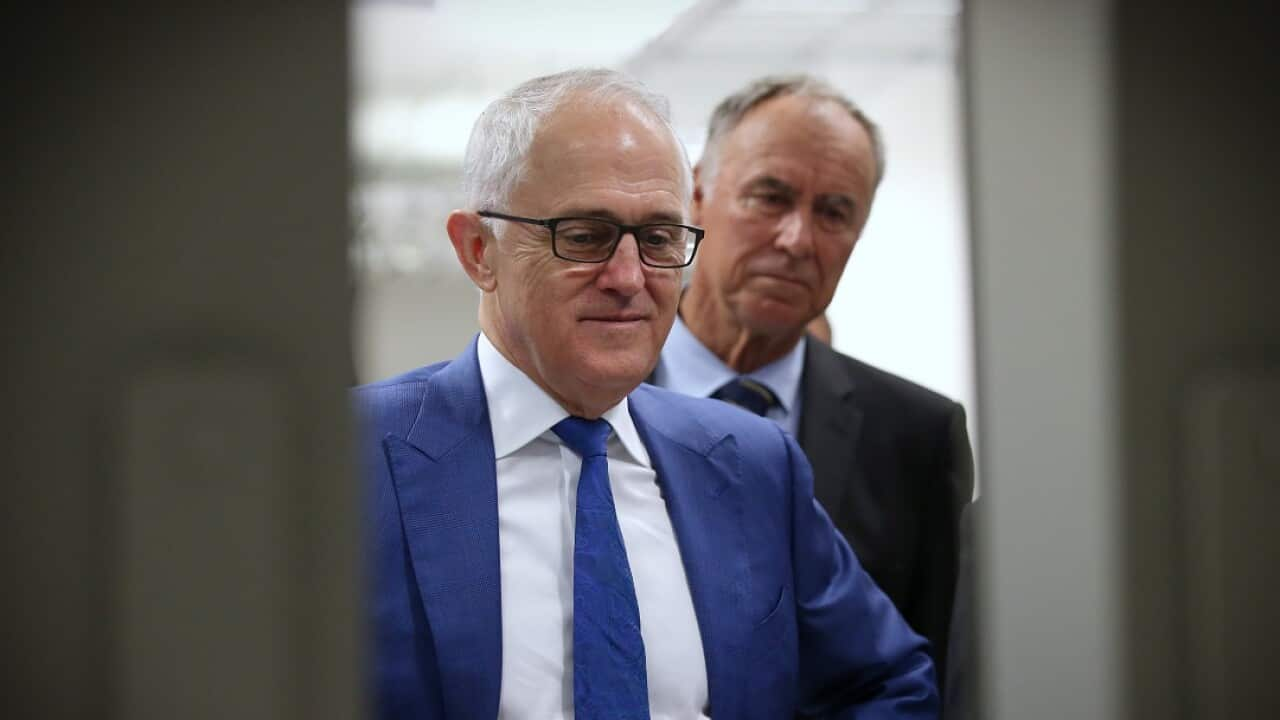Voters will head to the polls in Bennelong this weekend.
The by-election in the seat in Sydney's north was triggered when the incumbent Liberal MP John Alexander resigned from parliament over a likely British dual-citizenship.
Mr Alexander is facing a much tighter race than Nationals leader Barnaby Joyce who retook his seat of New England, in the New South Wales' north-east, with relative ease.
Labor is running high-profile candidate Kristina Keneally and recent opinion polls have shown a 50-50 split in voter intention.
Why does Bennelong matter?
Bennelong matters because Malcolm Turnbull's Coalition government only has a one-seat majority in the House of Representatives.
If Kristina Keneally wins the seat for Labor, the government would lose its majority.
Would a Labor win be the end of the Turnbull Government?
No - but Mr Turnbull would lose his absolute majority on the floor of the House. It would be close to a minority government.
The government would only have 75 out of the 150 seats in the House, while Labor would have 70.
But it would effectively only have 74 votes because one of its members sits as the Speaker and can only vote in the event of a tie.
Then there are the five crossbenchers - Bob Katter, Andrew Wilkie, Rebekha Sharkie, Cathy McGowan and Greens member Adam Bandt.
Ms McGowan, an independent MP from the Victorian seat of Indi, has promised to guarantee supply and confidence.
That means she would vote so the government could still pay for its policies and would vote against any no-confidence motion from Labor.
But the government would be more likely to lose votes on day-to-day policies. Every bill would require negotiation with the crossbench – more like how the Senate currently works.
Haven't we been here before?
We have indeed.
Julia Gillard was able to negotiate a minority Labor government in 2010, with the support of a group of independents and the Greens.
Labor held on to power in the minority until it lost the 2013 election to a Liberal opposition led by Tony Abbott.
Are we done with the by-elections?
Maybe not.
Labor has referred its MP David Feeney to the High Court, which will hear the case in early 2018.
While the party is confident Mr Feeney is not a dual citizen, the court could trigger another by-election in his Melbourne seat of Batman if the judges find against him.
If it happens, Batman is more likely to come down to a contest between Labor and the Greens.

